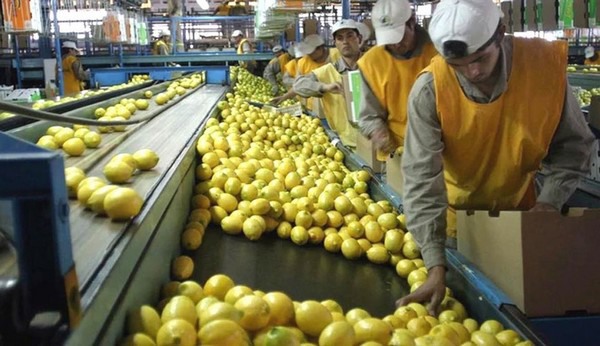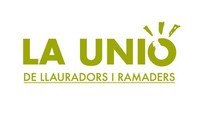LA UNIÓ de Llauradors has requested that the European Union carry out a phytosanitary audit of the entire Argentine citrus sector and that the suspension of imports continues next season until they can guarantee that the citrus fruits they export leave the country without any pests.
The organization advocates the implementation of inspections at origin for all third countries. In addition, they propose that imports enter through an EU port that can guarantee there will be a sufficient number of inspectors that are experts in citrus pests and diseases and that a representative percentage of samples be analyzed. They also believe that cold treatment in transport should be mandatory and that the use of active materials that are not authorized in the EU should be banned in the production and handling of fruits destined for the EU.

It should be noted that, on August 14, the European Commission published the suspension of citrus imports (lemon, orange, and mandarin) from Argentina until April 30, 2021, due to the repeated interceptions of shipments with the presence of Phyllosticta citricarpa (CBS or black spot). The problem is that the decision to stop imports comes late, as Argentina's campaign is already well advanced. Therefore, according to LA UNIÓ, the EU must take measures to prevent the same thing from happening in the next campaign and avoid the risk of pests entering the European territory.
The DG SANTE made a series of recommendations to Argentina after an audit carried out between March 9 and 13 to evaluate their official controls and certification of the citrus fruit's system to export these products to the European Union. Argentina sent the corrective actions to the EC on July 12, sometime after the Argentine lemon was already being marketed in the community and LA UNIÓ had already denounced the presence of various pests in the entry inspections.
Currently, the EU agreement with Mercosur (Argentina, Brazil, Paraguay, Uruguay, and Venezuela) is pending ratification and the issue of pests should be taken into account before it enters into force. In fact, 84% of all the detections of citrus with pests in European ports during the first seven months of the year come from Mercosur countries.
For more information:
Carles Peris, Secretary-General of LA UNIÓ
Tel.: +34 658 928 923
http://launio.org









